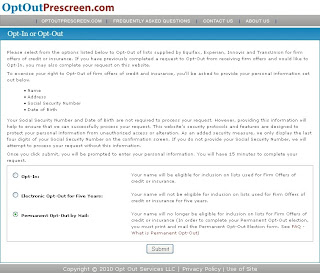
you are the water buffalo in this scenario (J took this pic. Nice, right?)
Especially scary because it details a high rate of cyber-crime in the Washington DC Metro Area.
The IC3 is an organization put together by the FBI in conjunction with the National White Collar Crime Center and the Bureau of Justice Assistance. I mentioned their list of 17 identity theft prevention tips in my hardening your passwords post.
According to the report, Maryland ranks 19th and Virginia 28th in the number of perps per capita!
Complaints to the IC3 increased 22% last year and the average amount of money lost per complaint jumped from $265K in 2008 to $560K.
The Top Three Crimes:
- 20% non-delivery of goods or services.
- 14% identity theft.
- 10% credit card fraud.
If you haven't done so already, please plan on carving out some time to protect yourself.
Review the four post series:
Protecting Your Identity
Stop Credit Solicitations
Freezing Your Credit
Hardening Your Passwords
***






